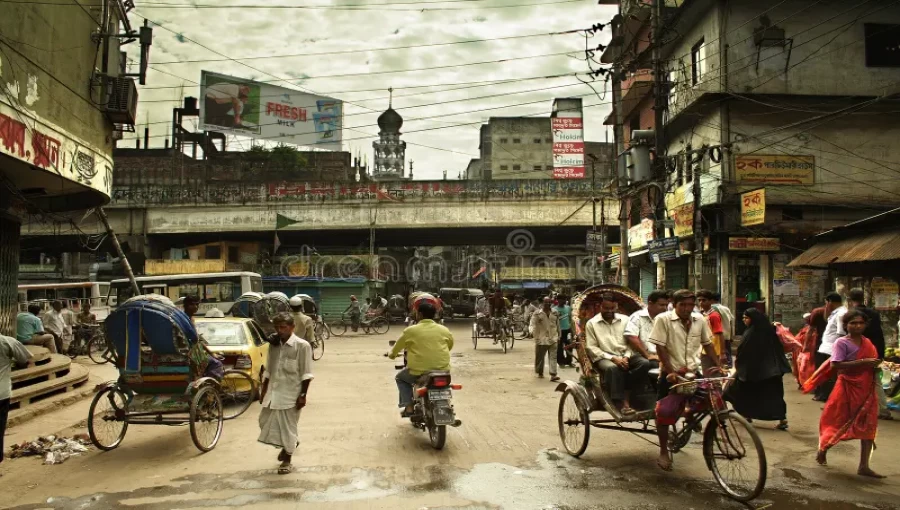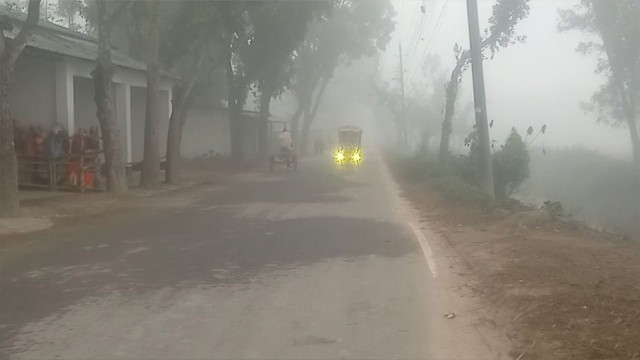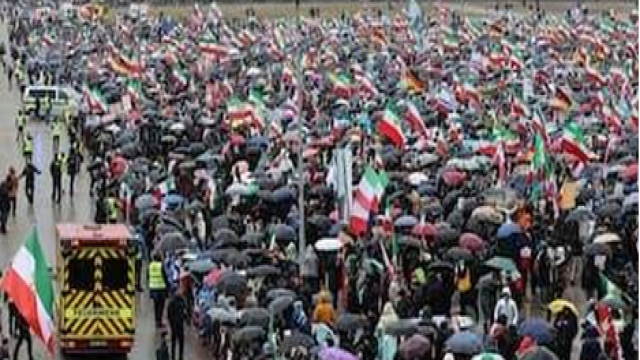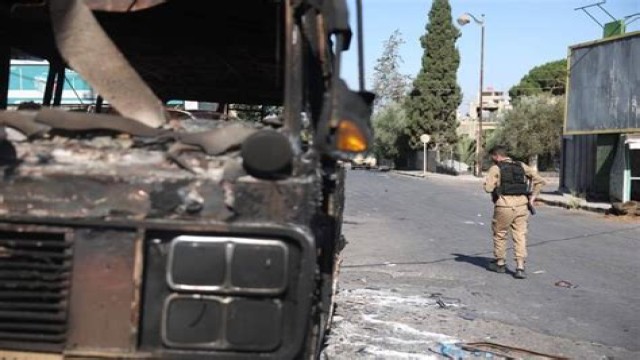This morning, Dhaka's air quality registered in the ‘moderate’ zone with an Air Quality Index (AQI) score of 90 at 9:00 am, placing it 16th on the list of cities worldwide with the worst air quality.
Leading the list, the Democratic Republic of the Congo's Kinshasa, Uganda's Kampala, and Indonesia's Jakarta recorded AQI scores of 180, 165, and 157, respectively. These figures categorize their air quality as 'unhealthy', reflecting significant pollution challenges.
An AQI score between 50 and 100, as seen in Dhaka, indicates 'moderate' air quality. While generally acceptable, there may be minor health concerns for a very small number of people who are unusually sensitive to air pollution.
For context, AQI scores between 150 and 200 are considered 'unhealthy', between 201 and 300 are 'very unhealthy', and readings above 301 are deemed 'hazardous', posing serious health risks to residents.
In Bangladesh, AQI measurements are based on five pollutants: particulate matter (PM10 and PM2.5), nitrogen dioxide (NO2), carbon monoxide (CO), sulfur dioxide (SO2), and ozone (O3).
Dhaka has long struggled with air pollution, typically experiencing poorer air quality during the winter months and improvements during the monsoon season.
Globally, air pollution remains a significant health risk. According to the World Health Organization (WHO), air pollution is responsible for an estimated seven million deaths annually.































Comment: